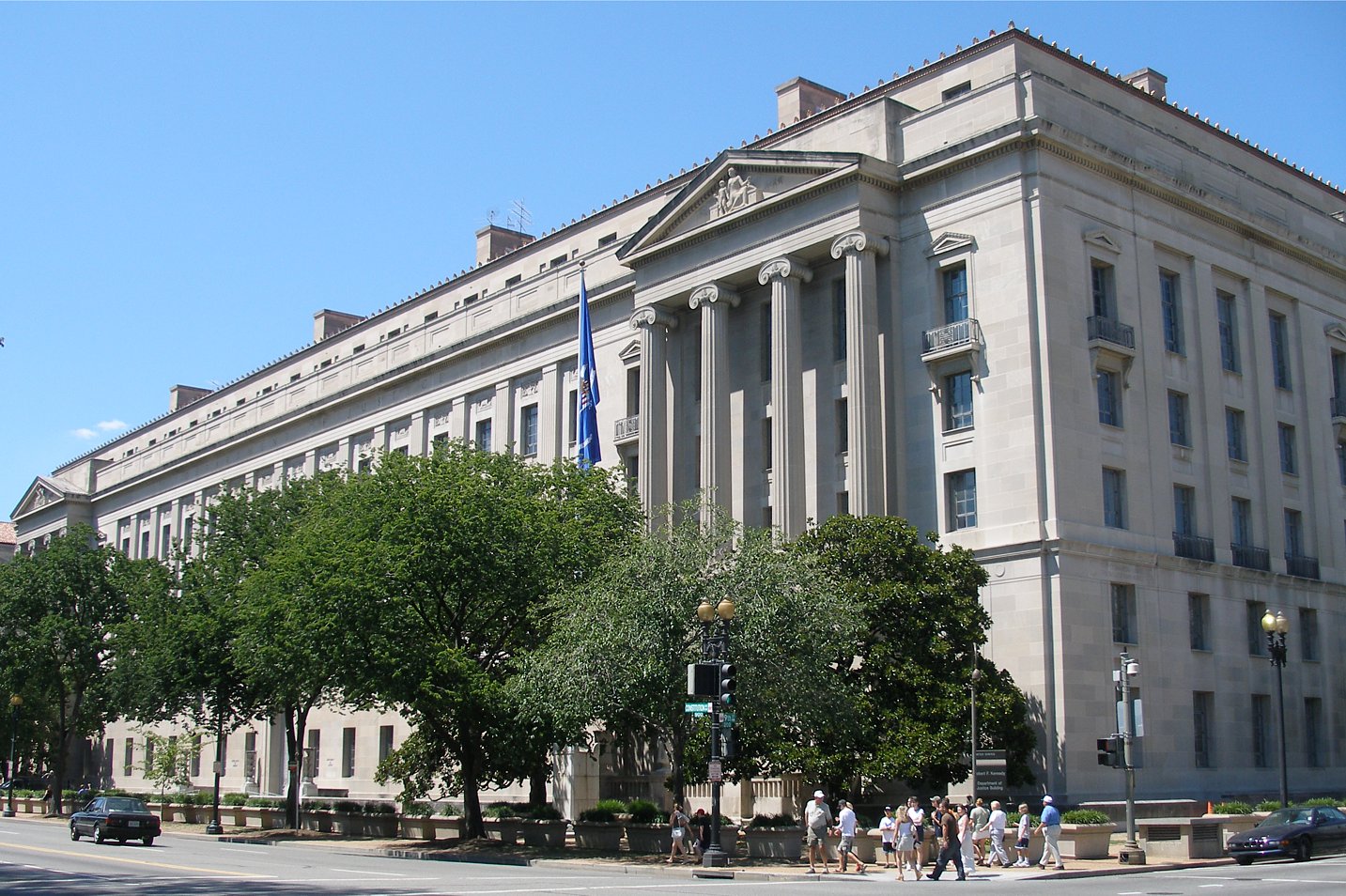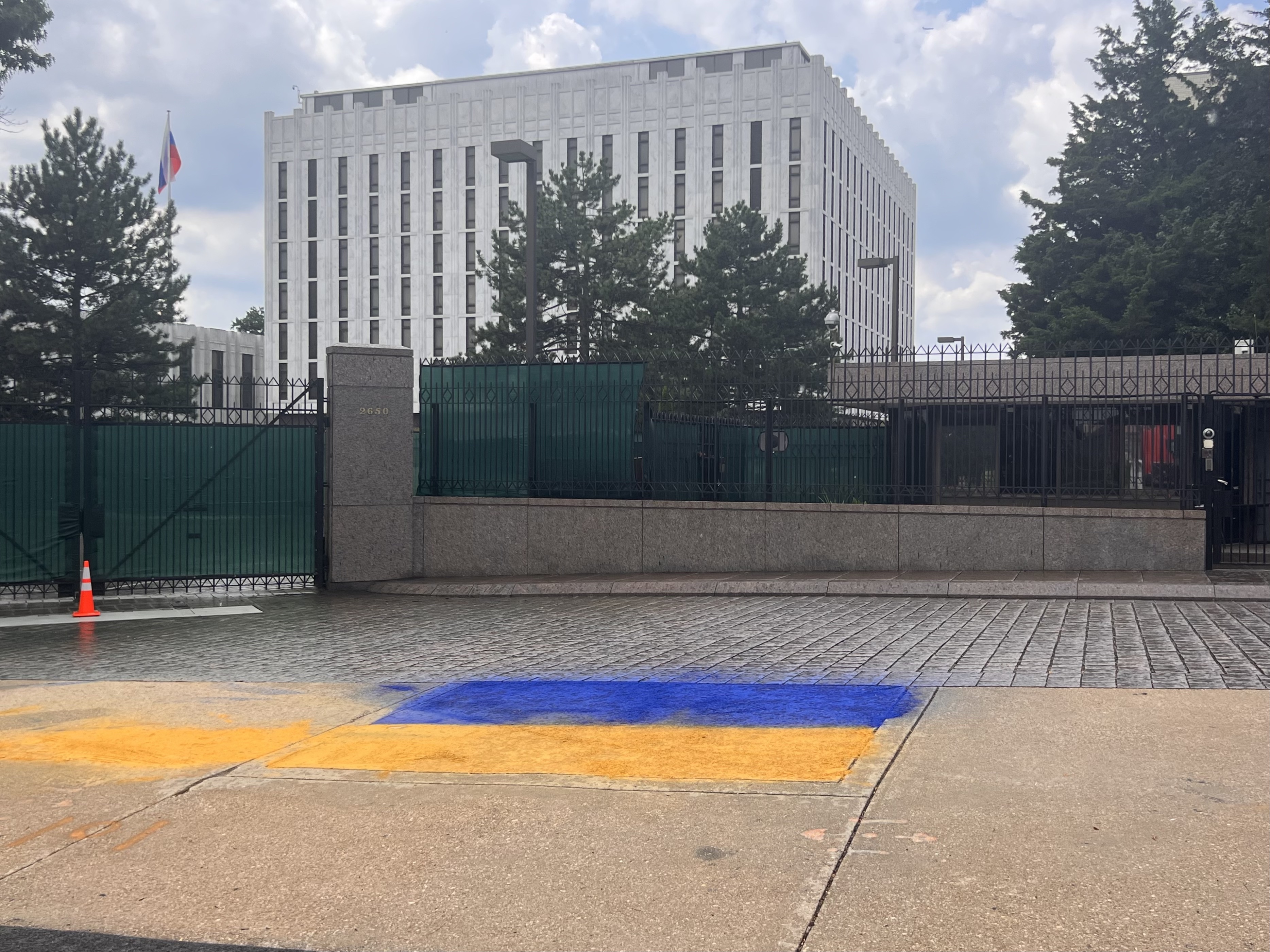Devastating Senate Committee Report on Fusion Centers
A few weeks ago I posed the following questions in relation to the Constitution Project's report on state and major urban area intelligence Fusion Centers, which DHS set up and funded after 9/11:
One reason why I’m interested in this issue is because so much public debate about terrorism and domestic intelligence to date has focused on information collection — like NSA wiretapping, FBI requests for personal info or transactional data, police sno
Published by The Lawfare Institute
in Cooperation With

A few weeks ago I posed the following questions in relation to the Constitution Project's report on state and major urban area intelligence Fusion Centers, which DHS set up and funded after 9/11:
One reason why I’m interested in this issue is because so much public debate about terrorism and domestic intelligence to date has focused on information collection — like NSA wiretapping, FBI requests for personal info or transactional data, police snooping, etc. — while insufficient attention has been paid to what the governments (at various levels) do with that information. How do they analyze and share it? How do they manage it and weed out the good information from the bad? And how do they measure effectiveness and assess whether they’re doing any of this analytical and sharing work well?Today the Senate Permanent Subcommittee on Investigations published this lengthy investigative report, which provides devastatingly negative answers to these questions with regard to Fusion Centers. The Subcommittee Report is getting wide media coverage, and a lot of that coverage is predictably focused on important concerns about alleged waste and mismanagement of funds and about privacy or other civil liberties. Another major concern that's discussed in the report, though, is the problems of inaccurate or irrelevant information "clogging" the counterterrorism intelligence system or hindering and diverting federal counterterrorism efforts. This is a big intelligence architecture challenge that has arisen in many different settings since 9/11: past failures to collect and share information "dots" so that they could be connected has sometimes created pressures for agencies and personnel to pass on too much information; too much emphasis may also have been placed on setting up collection and sharing systems rather than adaptive systems for weeding out good information from bad (as well as investment in needed analytic capabilities).
Matthew Waxman is a law professor at Columbia Law School, where he chairs the National Security Law Program. He also previously co-chaired the Cybersecurity Center at Columbia University's Data Science Institute, and he is Adjunct Senior Fellow for Law and Foreign Policy at the Council on Foreign Relations. He previously served in senior policy positions at the State Department, Defense Department, and National Security Council. After graduating from Yale Law School, he clerked for Judge Joel M. Flaum of the U.S. Court of Appeals and Supreme Court Justice David H. Souter.





